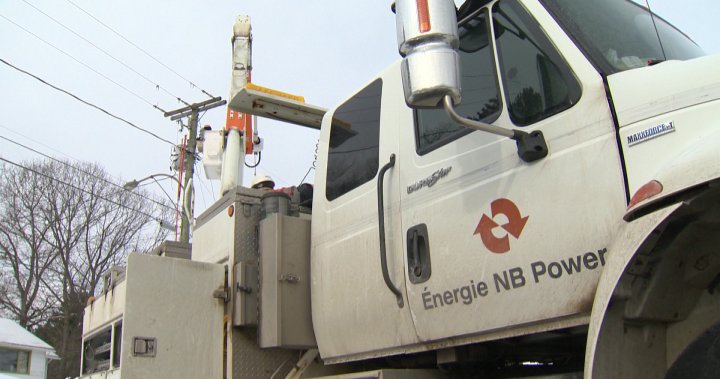U.S. President Donald Trump is imposing tariffs on all steel and aluminum imports into United States, including those from Canada and Mexico.
Trump on Monday signed a pair of presidential proclamations imposing 25 per cent tariffs on steel and aluminum, with no exceptions or exemptions.
“It’s a big deal. This is the beginning of making America rich again,” Trump said as he signed the orders in the Oval Office.
The Trump administration said the move was meant to shore up the U.S. steel and aluminum industries and to protect America’s economic and national security.
“The steel and aluminum tariffs 2.0 will put an end to foreign dumping, boost domestic production and secure our steel and aluminum industries as the backbone and pillar industries of America’s economic and national security,” Trump’s trade adviser Peter Navarro told reporters.
“This isn’t just about trade. It’s about ensuring that America never has to rely on foreign nations for critical industries like steel and aluminum.”
Trump added U.S. reliance on Canadian steel and aluminum is another reason “why Canada should be the 51st state,” repeating a longstanding threat.
The largest sources of U.S. steel imports are Canada, Brazil and Mexico, followed by South Korea and Vietnam, according to government and American Iron and Steel Institute data.
By a large margin, Canada is the largest supplier of primary aluminum metal to the U.S., accounting for 79 per cent of total imports in the first 11 months of 2024.

Get breaking National news
For news impacting Canada and around the world, sign up for breaking news alerts delivered directly to you when they happen.
The tariffs interrupted a 30-day reprieve from sweeping 25 per cent tariffs on Canadian goods and 10 per cent duties on Canadian energy.
The United Steelworkers union said it was “appalled” by Trump’s action, noting Canada imports 39 per cent of its steel from the U.S. but exports 94 per cent of its production there, at a value of $20 billion annually.
“Trump’s tariffs are a direct attack on workers and communities,” said Marty Warren, USWs national director for Canada, in a statement that called for Canada to “hit back just as hard.”
“Canada is not problem, and these tariffs will only hurt workers on both sides of the border,” USW international president Dave McCall added.
The Canadian Steel Producers Association said it was “deeply concerned” about Trump’s tariff threat earlier Monday, and the Canadian Chamber of Commerce said the uncertainty around tariffs is detrimental to businesses and consumers in both Canada and the U.S.
“At a time when affordability and inflation are top of mind for Americans and Canadians alike, adding new taxes and costs simply doesn’t make sense,” Matthew Holmes, the executive vice president of the Chamber, said.
Trump’s order raised the tariff rate on aluminum imports to 25 per cent from the previous 10 per cent that he imposed in 2018, and reinstates a 25 per cent tariff on millions of tons of steel imports and aluminum imports that had been entering the U.S. duty free under quota deals, exemptions and thousands of product exclusions.
The proclamations were extensions of Trump’s 2018 Section 232 national security tariffs to protect steel and aluminum makers. A White House official said previous exemptions had eroded the effectiveness of these measures.
Trump also will impose a new North American standard requiring steel imports to be “melted and poured” and aluminum to be “smelted and cast” in the region to curb imports of minimally processed Chinese steel into the U.S.
The order also targets downstream steel products that use imported steel for tariffs.
Trump imposed steel and aluminum tariffs at 25 and 10 per cent respectively during his first term in March 2018 using national security as justification.
Canada was initially given an exemption to these duties, but was ultimately hit by the tariffs on May 31, 2018. Canada responded with a series of counter-tariffs on American products like Florida orange juice. Both sides reached a deal to lift the tariffs not long after free trade agreement negotiations concluded in the summer of 2019.
Steel exports to the U.S. dropped 38 per cent during the year the tariffs were in place, according to Statistics Canada, while aluminum exports fell by more than half.
Ontario Premier Doug Ford, who is running for re-election, said at a campaign stop in Oakville earlier Monday that the province would respond “hard” and “fast” to steel and aluminum tariffs.
“We never started a fight we don’t want,” he told reporters. “But if someone you know gives you a pop in the nose, they’re going to get that pop twice as hard back.”
Conservative Leader Pierre Poilievre earlier Monday called for matching dollar-for-dollar tariffs on American steel and aluminum in response.
—With files from Reuters
© 2025 Global News, a division of Corus Entertainment Inc.






